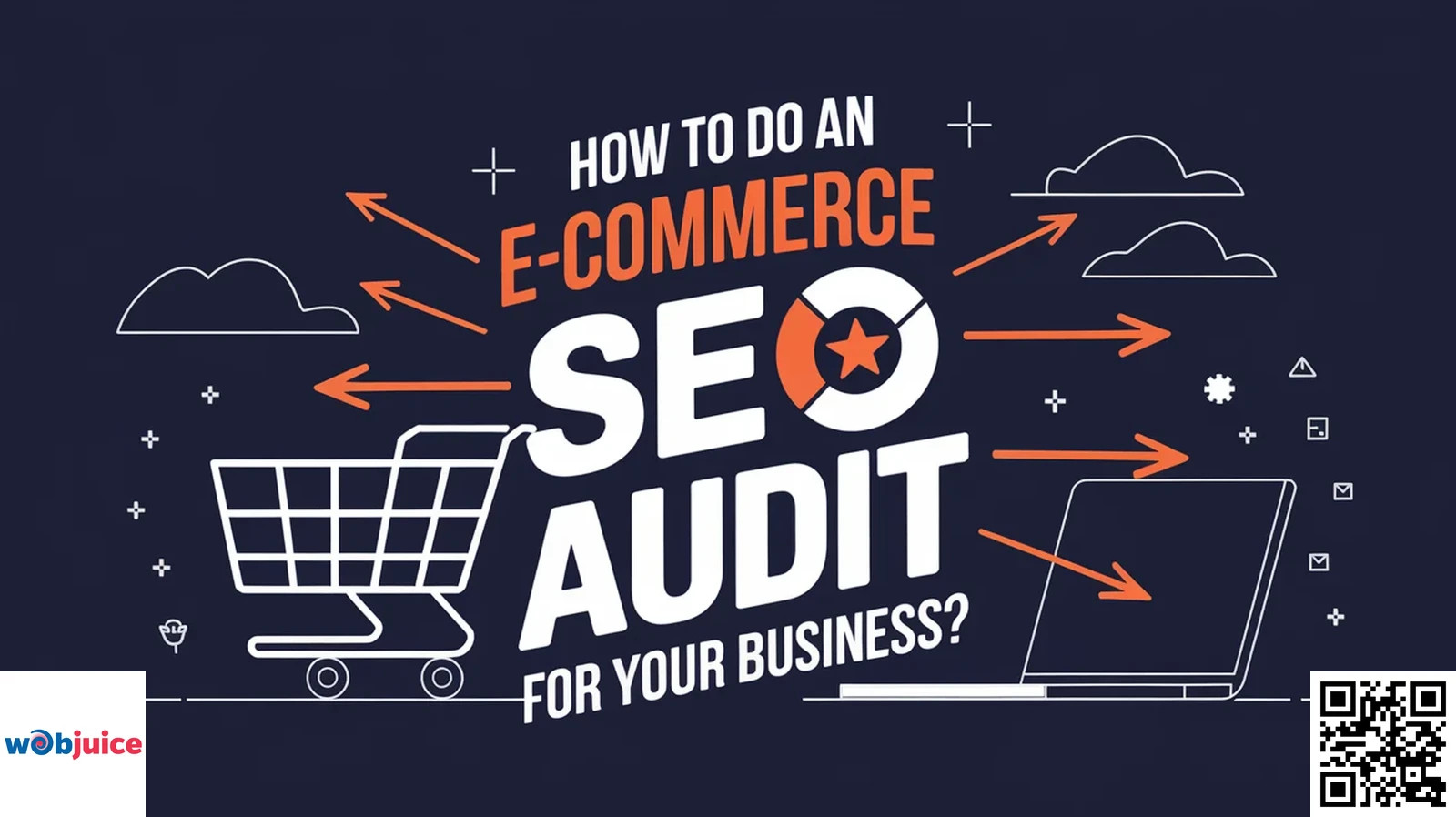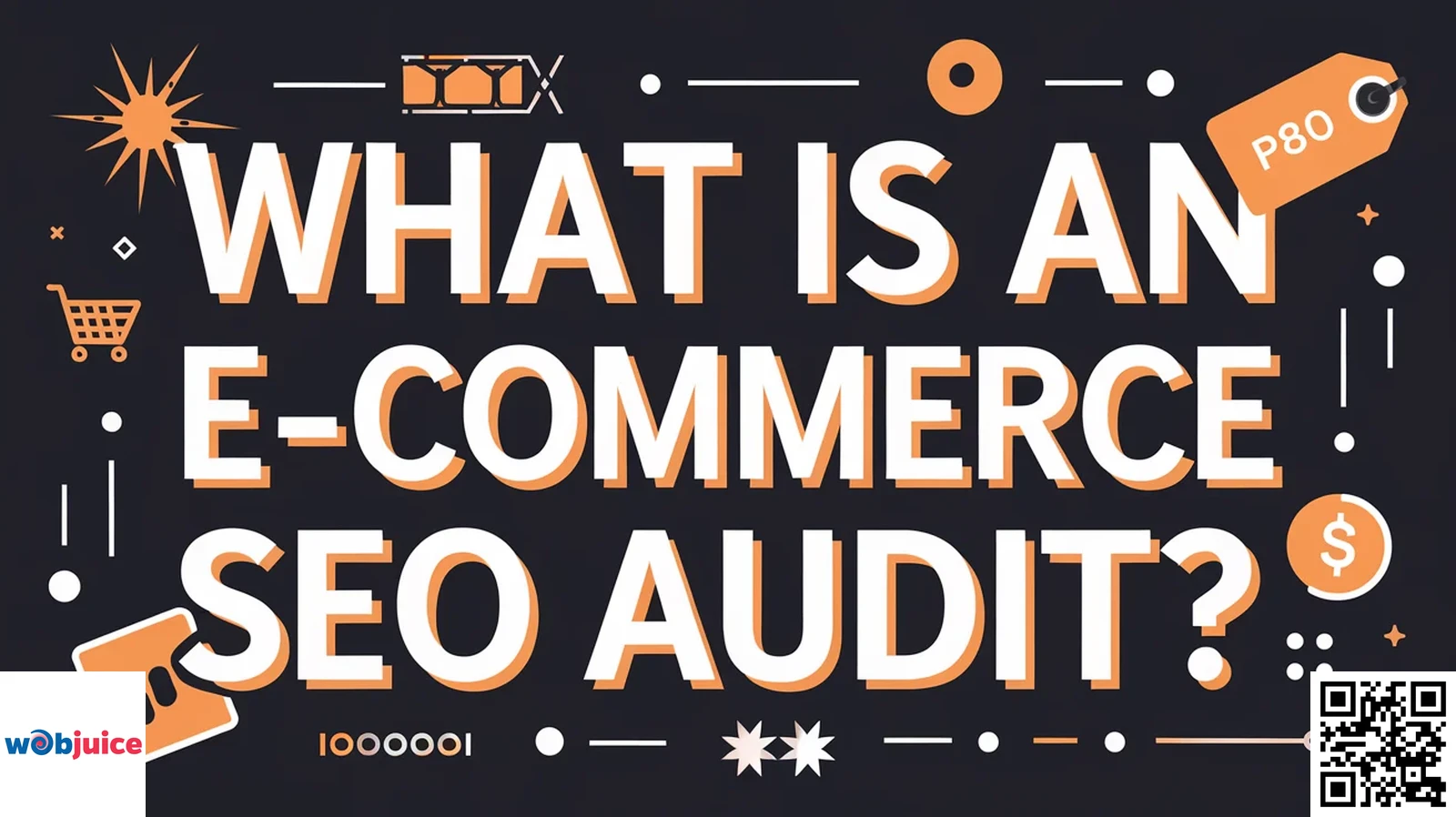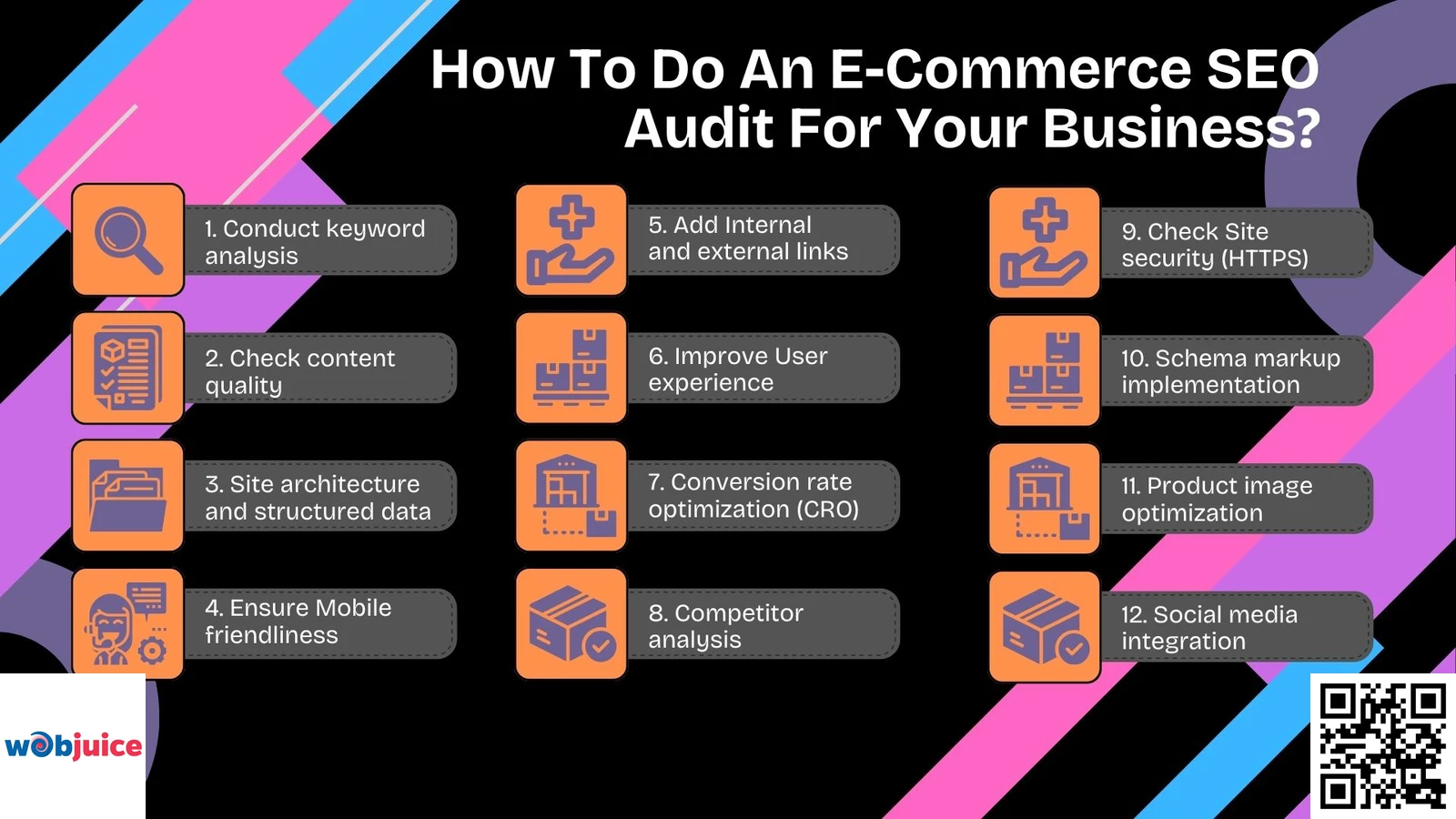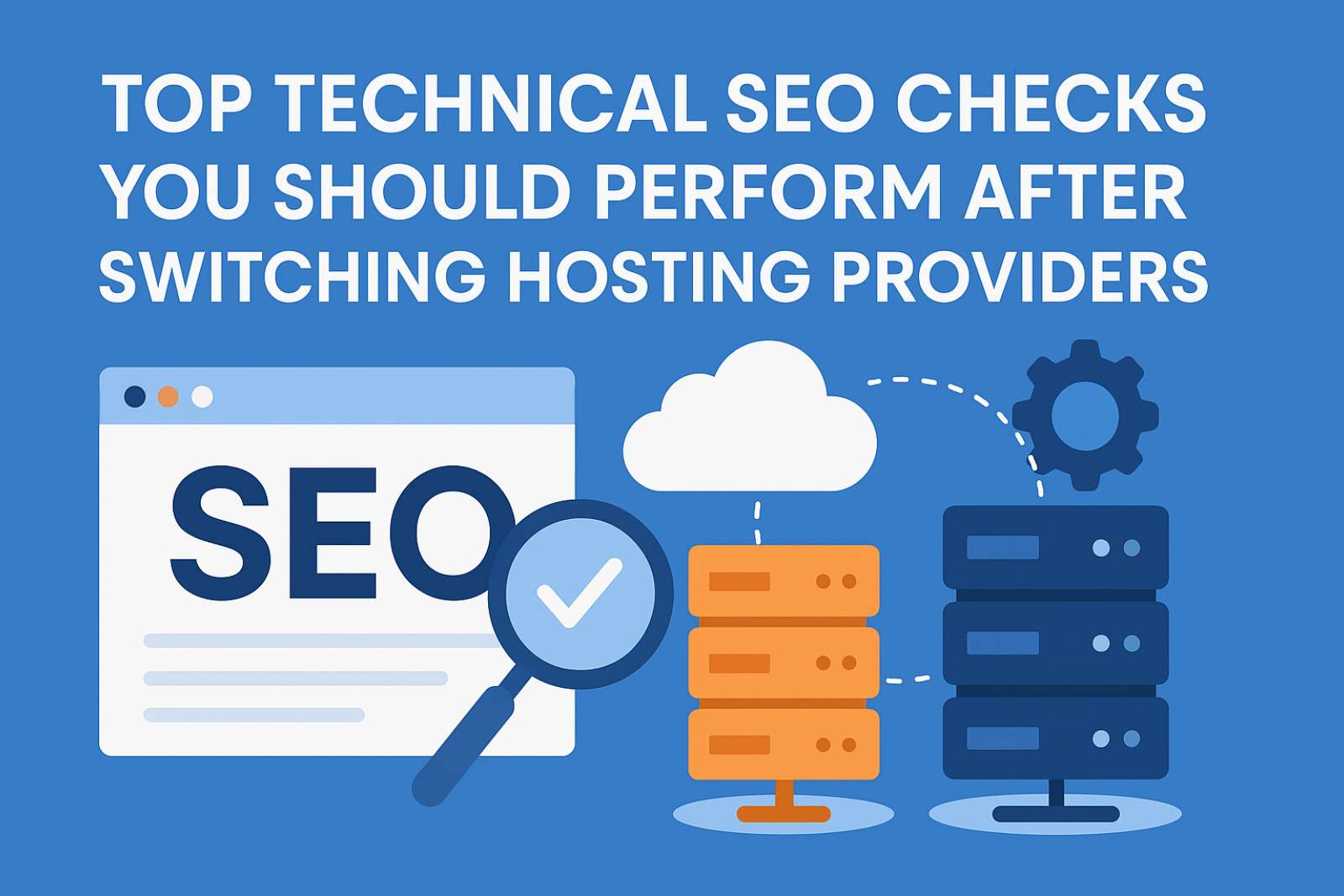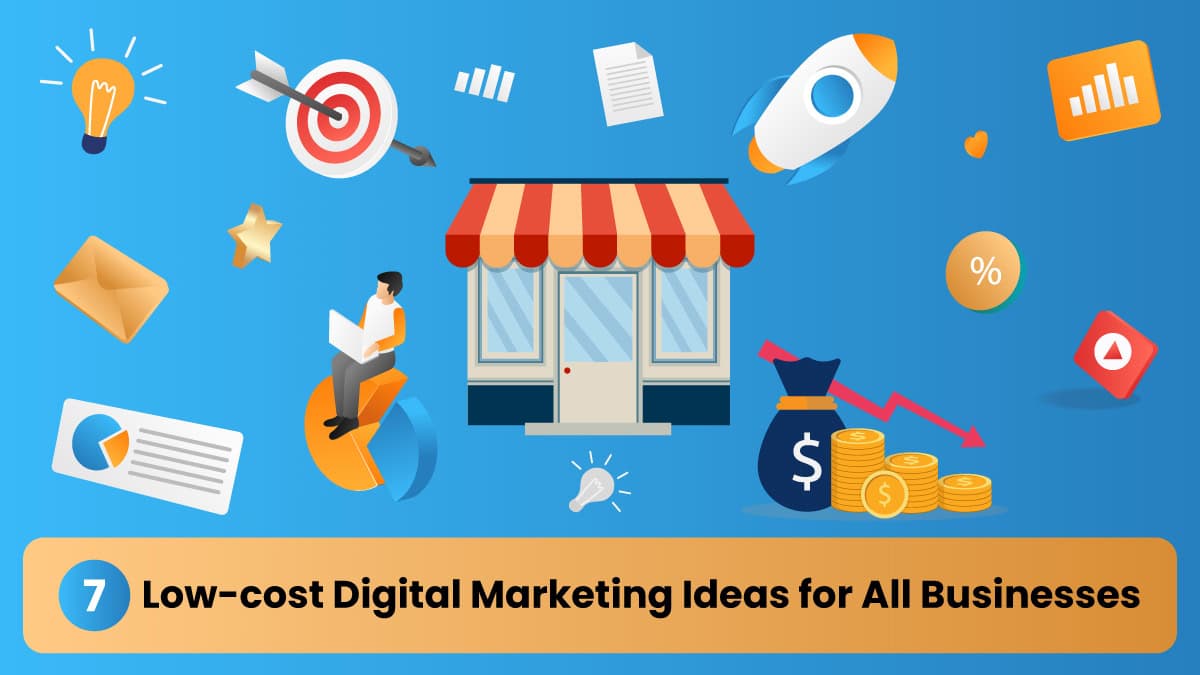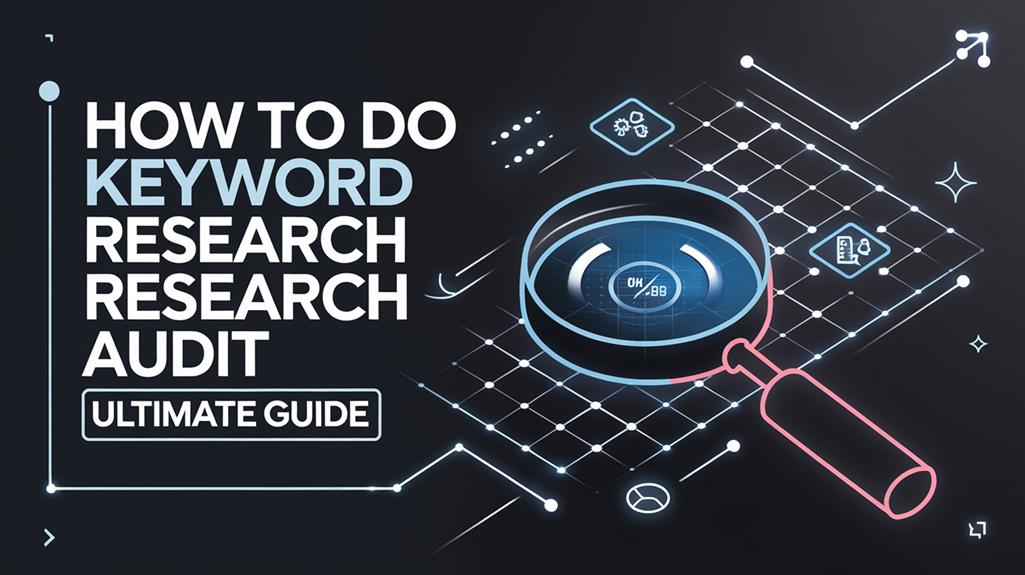In today’s hyper-competitive digital marketplace, a thriving online store demands more than just great products—it requires supreme visibility. Is your ecommerce business struggling to attract organic traffic and convert visitors into loyal customers? You’re not alone. Many store owners are unaware of the hidden technical issues and missed opportunities silently crippling their search engine rankings and revenue potential. The solution lies in a comprehensive, data-driven ecommerce SEO audit. This essential deep-dive analysis is not a luxury but a fundamental necessity for any business aiming to dominate its niche.
Unlike a basic website checkup, a specialized ecommerce SEO audit is a strategic examination tailored to the unique complexities of online stores. It systematically uncovers everything from site-crawling obstacles and poor page speed that drive customers away, to thin product descriptions and broken internal links that hemorrhage SEO value. By transforming these critical insights into a clear, actionable roadmap, an audit empowers you to fix what’s broken and amplify what works—paving the way for higher rankings, increased organic traffic, and sustainable revenue growth without solely relying on paid ads. Discover how mastering this process can unlock your site’s full potential and secure a decisive advantage over your competitors.
What is an e-commerce SEO audit?
An e-commerce audit is a detailed look at your online store’s performance on search engines.
This process checks various parts of your website.
The goal is to find and fix any SEO issues.
A full e-commerce SEO audit often begins with a technical SEO audit.
This stage examines the layout of your site.
It ensures that it works well for search engine crawlers.
Benefits of conducting an e-commerce SEO audit
SEO audits in Dublin are important for keeping your site’s SEO performance strong.
By checking your site’s metrics often, you can find areas that need work, like slow-loading pages, broken links, or bad keyword use.
Spotting these issues early can help stop bigger problems from happening.
A good e-commerce SEO audit looks at more than just technical factors.
It also checks your content, backlinks, and user experience.
In short, an e-commerce SEO audit is important for any online store that wants to improve its ranking and get more natural traffic.
It helps you make smart choices that can help your performance in search engines.
How to do an E-commerce SEO audit?
To do an e-commerce SEO audit, just follow these simple steps.
- First, look at your keywords. Make sure they match your products and what people are searching for.
- Next, check the quality of your content. It should be helpful and interesting for your audience.
- After that, check your site structure. Make sure it’s easy to use.
- Organised data is also key; it helps search engines understand your content more clearly.
- Don’t forget about mobile friendliness.
- Lastly, include both internal and outside links. Internal links help show people around your site. Outside links can improve your site’s trust.
Conduct keyword analysis
Start by using an SEO tool to gather data on useful keywords for your area.
Look for keywords that have a high search volume and low to some competition.
After you have a list of keywords, see what their purpose is.
Next, look at what your competitors are doing with keywords.
Find the keywords they rank for.
Then, see if you can use the same kinds of terms in your approach.
By following these steps, you can improve your e-commerce SEO and get more people to visit your website.
Check content quality
Start by looking at product descriptions, blog posts, and other parts of the page.
Make sure they are helpful, interesting, and fit well.
Look for keyword use that aligns with your previous keyword analysis.
Ensure these words are used naturally.
Use tools like Grammarly or Yoast SEO to check grammar, readability, and SEO tips.
Also, look for copied content on your e-commerce site.
Copied content can hurt your SEO results, so make sure each page has different and useful content.
Keeping your content easy to read and helpful is the key to getting better rankings on search engines.
Site architecture and structured data
Keep your product categories and pages well-organised.
This way, visitors can explore your site easily and without getting confused.
Next, focus on structured data.
Use schema markup to share details about your products.
Include information like prices, availability, and reviews.
Internal linking is important for your site’s setup.
It links related pages and makes it easier for search engines to read your site.
While doing your audit, check these parts carefully.
Changing your site’s design and organising data can greatly improve the performance of your eCommerce business and raise your search rankings.
Ensure Mobile Friendliness
Begin by checking how well your site works on mobile with Google Search Console.
This tool shows how your site does on mobile devices and highlights any problems to solve.
Next, check your on-page SEO.
Pay attention to how fast your page loads, how you optimise images, and how easy it is to navigate on mobile.
If your site is slow, visitors might leave.
Make sure your pages load fast on mobile devices.
Make buttons big and simple to tap.
Make sure the text is easy to read without needing to zoom in.
For off-page SEO audits, see if other sites linking to yours work well on mobile devices.
If they do not, it may damage your SEO performance.
Add Internal and external links
When you create these links, make them useful and use clear text.
Regularly look over your internal links to find any that are broken.
Fixing these links can stop visitors from hitting error pages.
Focus on using a good mix of internal and outside links to make your content better and boost your search engine ranking.
External links take users to good sources outside your site.
Linking to high-quality outside sites shows that you are giving helpful information to your audience.
When you add links, you need to find a balance.
Having too many links can confuse users.
Improve User experience
Begin by looking at how your website is designed and how easy it is to move around.
Your layout should be neat, simple, and nice to look at.
Users need to find products fast without too much scrolling or clicking.
A site that is easy to use keeps visitors interested and helps reduce bounce rates.
Next, focus on how fast your site loads.
Use tools like Google PageSpeed Insights to find things you can improve.
Make sure your site runs well on all devices.
Test how your site looks on mobile.
Fix any issues that make it hard to use.
Conversion rate optimisation (CRO)
To begin optimising, check your website’s performance numbers.
Tools like Google Analytics can help you find where users leave during the buying process.
Finding these points helps you make changes to improve the experience.
Next, check your landing pages carefully.
Make sure they are clear, appealing, and what users want.
Use good-quality images and convincing product descriptions to attract visitors.
A/B testing can help, too.
Trust signals matter a lot.
You should show clear return rules, customer reviews, and safe payment choices.
Also, make your checkout process easier.
Competitor analysis
Begin by finding your main competitors.
These are the ones who rank high for the same keywords or reach the same audience.
You can use tools like SEMrush or Ahrefs to get information on their organic traffic, keyword rankings, and backlinks.
Next, check their on-page SEO parts.
Look at how they use keywords, their meta tags, and the quality of their content.
Find any gaps in their content where you can provide more value.
Also, look at their off-page SEO plans.
See how they build links and use social media for your SEO review of your online shop.
Understanding how they get and keep customers can give you helpful ideas for your marketing strategies.
Check Site security (HTTPS)
To check if your site uses HTTPS, look at the URL in your browser’s address bar.
If it begins with “https://,” your site is safe. If it starts with “http://,” you should improve it.
Popular browsers like Chrome and Firefox label non-HTTPS sites as “Not Secure,” which can stop customers from buying things.
HTTPS can change your search engine rankings.
Google sees it as an important factor. So, moving to HTTPS can help you show up better in search results.
If you have not switched yet, think about getting an SSL certificate.
This will keep your site safe and improve your e-commerce SEO strategy.
Schema markup implementation
Start by finding the types of schema that match your e-commerce business.
For instance, using the Product schema helps you show key details like price, availability, and reviews directly in search results.
Once you know which schema types to use, you can create the code with Google’s Structured Data Markup Helper or directly from Schema.org.
After you set up the schema, test it using the Google Rich Results Test tool.
Keep an eye on your site’s performance using Google Search tools.
This will help you see how well your schema markup is working.
Product image optimisation
Optimising product images is important for making your e-commerce site better for search engines and users. Here’s how you can do it well:
- Use High-Quality Images: Start with clear and good images that show your products well. Nice visuals catch attention and can help increase sales on your e-commerce site.
- Rename Image Files: Don’t use simple names like “IMG1234.jpg.” Instead, use names that describe the image with keywords, like “blue-leather-handbag.jpg.” This helps search engines understand your images better.
- Add Alt Text: Each image needs alt text that explains what it shows. Include important keywords when you can.
- Make Images Smaller: Large image files can slow your website down and hurt your site’s audit results. Use tools like TinyPNG or ImageOptim to make images smaller. This keeps loading times quick without losing quality.
- Use Structured Data Markup: Add structured data for your images. This can help your products show up with rich snippets in search results and make them more appealing to customers.
Social media integration
First, check your social media profiles.
Make sure they show your brand and link to your eCommerce store.
A consistent look, like logos and messaging, helps people recognise and trust your brand.
Next, check your content plan.
Look at your social media data to see which posts get the most interactions.
Use this info to improve your content plan and increase engagement.
Also, check how often you reply to customers on these platforms.
Quick responses can make customers happier and lead to more sharing.
Why is E-commerce SEO Audit Important?
First, it can improve your search engine rankings.
This makes it easier for new customers to find your products.
Second, an audit helps you improve your marketing plans.
You can make better and more helpful content that brings in visitors.
It helps you create a website that focuses on your customers.
This website will meet the needs of your audience.
In simple terms, an SEO audit in Dublin is a helpful way to improve your online presence and increase sales.
Improved search engine rankings
An e-commerce SEO audit is important for boosting your search engine rankings.
It aids online businesses by finding technical problems, improving on-page features, and increasing content quality.
This makes your website more attractive to search engines, which can give you better visibility in search results.
By fixing issues like slow loading times, broken links, or bad mobile usability, you improve the user experience.
This matters because user experience plays a big role in how search engines rank websites.
Optimised marketing efforts
By checking important parts of your website—like site speed, mobile optimisation, and how you use keywords—you get useful information about how you’re doing now.
A thorough e-commerce SEO audit can help your marketing efforts by finding areas that need improvement.
This info helps you see which marketing strategies work and which do not.
Knowing the strengths and weaknesses of your website helps you use your resources better.
You’ll see where to focus your content marketing and ads.
A website audit can also show gaps in your keyword strategy.
Optimising your website based on the audit results can improve user experience.
A better experience also makes customers happier.
In simple terms, a complete e-commerce SEO review gives you the information to improve your marketing plans.
It helps you get a better return on your investment and supports steady growth for your business.
Improve User Experience
An SEO audit also helps with user experience.
It shows where users might have problems.
By fixing these problems, you can make navigating easier and boost overall satisfaction.
When users can find what they want fast, they are more likely to finish their purchases.
Being ahead of your competitors is another benefit of a smart local SEO plan.
You can improve your methods by looking at what they do and how well they do it.
This information helps you spot and address holes in the market, giving you an advantage.
A customer-focused website
An e-commerce SEO audit can help your website better serve customers.
It makes the shopping experience smoother.
When you find usability problems and enhance site navigation, you help customers easily find what they want.
A customer-friendly website builds trust.
When customers use a clear and helpful site, they are more willing to buy.
People Also Asked
What is an e-commerce SEO audit, and why do I need one?
An e-commerce SEO audit is like a health check for your online store. It helps you find any SEO problems. These can be technical issues or on-page mistakes that stop your site from ranking well in search results. A site audit is important. You need it to make sure your site is strong and healthy. This way, you can bring in more visitors and turn them into customers!
How do I do a good e-commerce SEO audit?
Great question! To do a good e-commerce SEO audit, you can follow these steps: Start with a technical SEO audit. Look for any technical SEO issues. Next, check your on-page SEO by looking at your meta tags, meta descriptions, and target keywords. Then, review your internal linking structure. Check for broken links and duplicate content. Also, make sure you’re using structured data correctly to improve your search results.
What is an e-commerce SEO audit, and why do I need one?
So, you have your online store set up, but why worry about an e-commerce SEO audit? It’s like a health check for your e-commerce website! It helps you find parts that need work to improve your search engine rankings. Think of it as a guide to ensure everything is in great shape. This way, you can get more visitors and, in the end, more sales!
How do I conduct an e-commerce SEO audit?
Great question! To start your e-commerce SEO audit, you should use one or two SEO tools to help you check your e-commerce site. Begin by looking at your meta tags, internal links, and keywords on important pages like your product and category pages. Be careful to spot any duplicate content and solve any technical SEO problems. Also, remember to check your XML sitemap to make sure it is sent to search engines!
Unlock Your Ecommerce Store’s True Potential
A thorough ecommerce SEO audit is the cornerstone of a powerful and profitable online presence. It is the definitive strategic process that transforms guesswork into a clear, actionable blueprint for search dominance. By methodically addressing critical areas—from technical health and keyword optimization to content quality, user experience, and robust link structures—you build an online store that search engines trust and customers love.
The benefits are undeniable: elevated search engine rankings, a surge in qualified organic traffic, and a significant boost in conversions and revenue. In a landscape where competitors are constantly evolving, an audit is not a one-time task but an essential component of ongoing optimization. It ensures your site remains secure, fast, and perfectly aligned with both search engine algorithms and user intent.
Ready to transform your digital performance? Don’t let hidden issues hold your business back. Embrace the power of a professional ecommerce SEO audit today. It is your strategic investment to outrank competitors, captivate your target audience, and achieve sustainable, long-term growth. Take the first step toward unlocking higher visibility and revenue—your roadmap to ecommerce success awaits.
